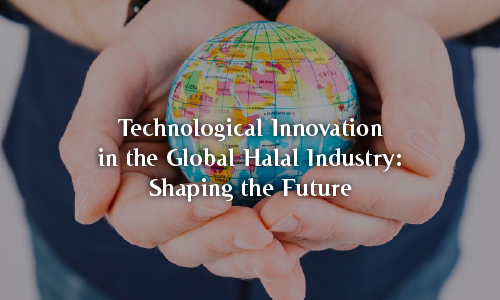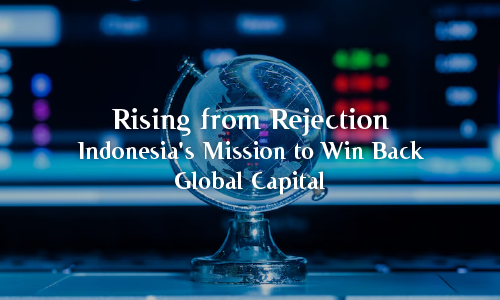
Summary: The transformation of Bank Aceh from a conventional banking system to an Islamic banking framework constitutes a strategic initiative that aligns with Islamic economic principles while simultaneously addressing the socio-economic landscape of Aceh. This transition was accompanied by internal challenges, including infrastructural limitations and the need for specialized human resource competencies, as well as external challenges such as public acceptance and regulatory adjustments. To navigate these obstacles, Bank Aceh adopted a comprehensive mitigation strategy encompassing stakeholder collaboration, product restructuring, and the advancement of Islamic financial literacy. Post-conversion, the bank demonstrated significant financial growth, with total assets reaching IDR 31.9 trillion in 2024 and recorded profits of IDR 590 billion. Furthermore, the institution now holds a dominant position, accounting for 53% of the total Islamic banking assets in Aceh, thereby reinforcing regional economic development. Nevertheless, challenges pertaining to financial inclusion and public literacy in Islamic finance remain considerable. In response, Bank Aceh has introduced educational and economic empowerment initiatives, including Bank Aceh Goes to School and Gema Bank Aceh, aimed at fostering financial awareness. Looking forward, the bank is prioritizing technological advancements, strategic collaborations with financial technology firms, and the expansion of the Islamic economic ecosystem, encompassing the halal industry and green finance. Through these initiatives, Bank Aceh Syariah seeks to establish itself as a model for Islamic banking transformation in Indonesia while promoting broader financial inclusion within the Islamic finance sector.
Introduction
The transition of Bank Aceh from a conventional banking model to an Islamic banking system represents a significant milestone in the advancement of Islamic finance in Indonesia. This strategic shift not only underscores compliance with Islamic economic principles—emphasizing justice, transparency, and ethical financial transactions—but also constitutes a proactive response to the evolving socio-cultural and economic landscape of Aceh Province. Since the formal implementation of Sharia law in the region, there has been a growing preference among the local population for financial services that align with Islamic values, necessitating…


















